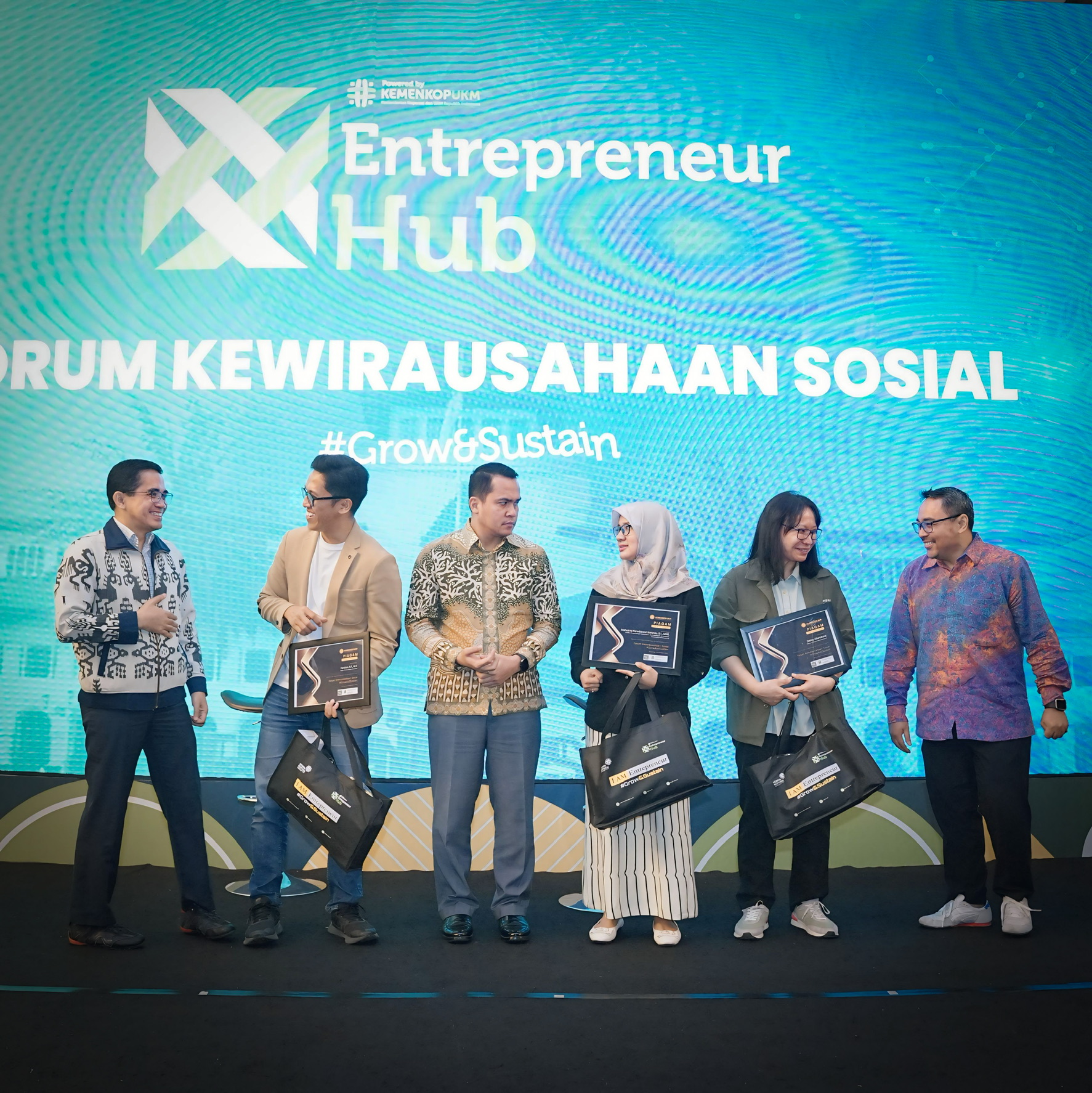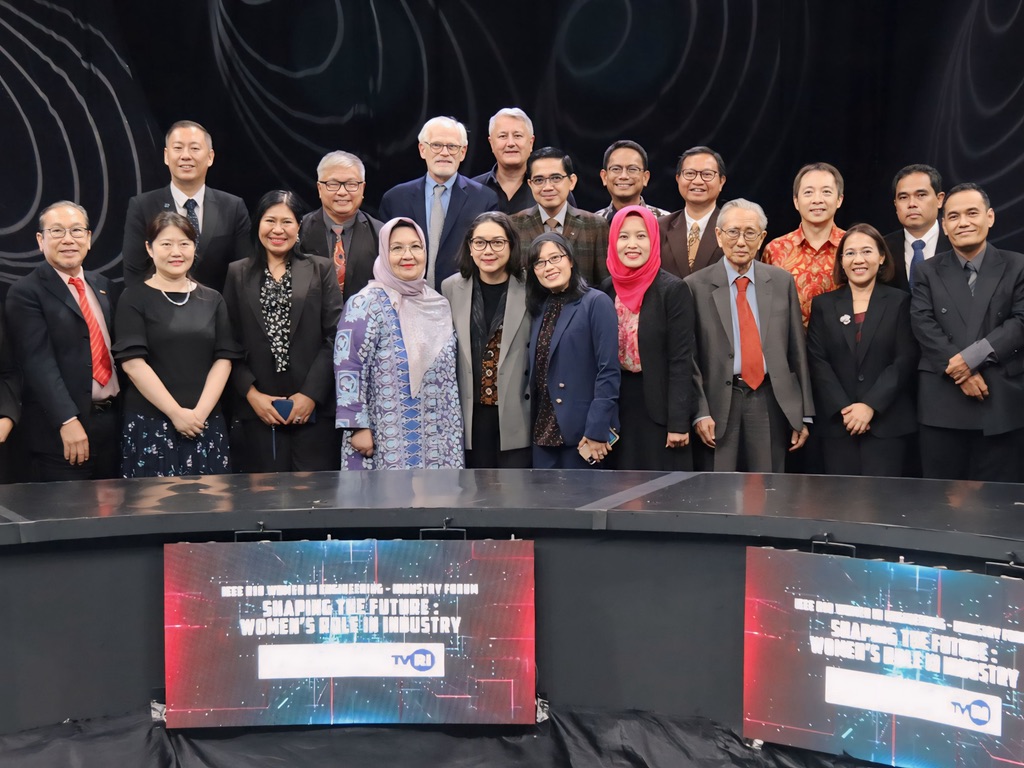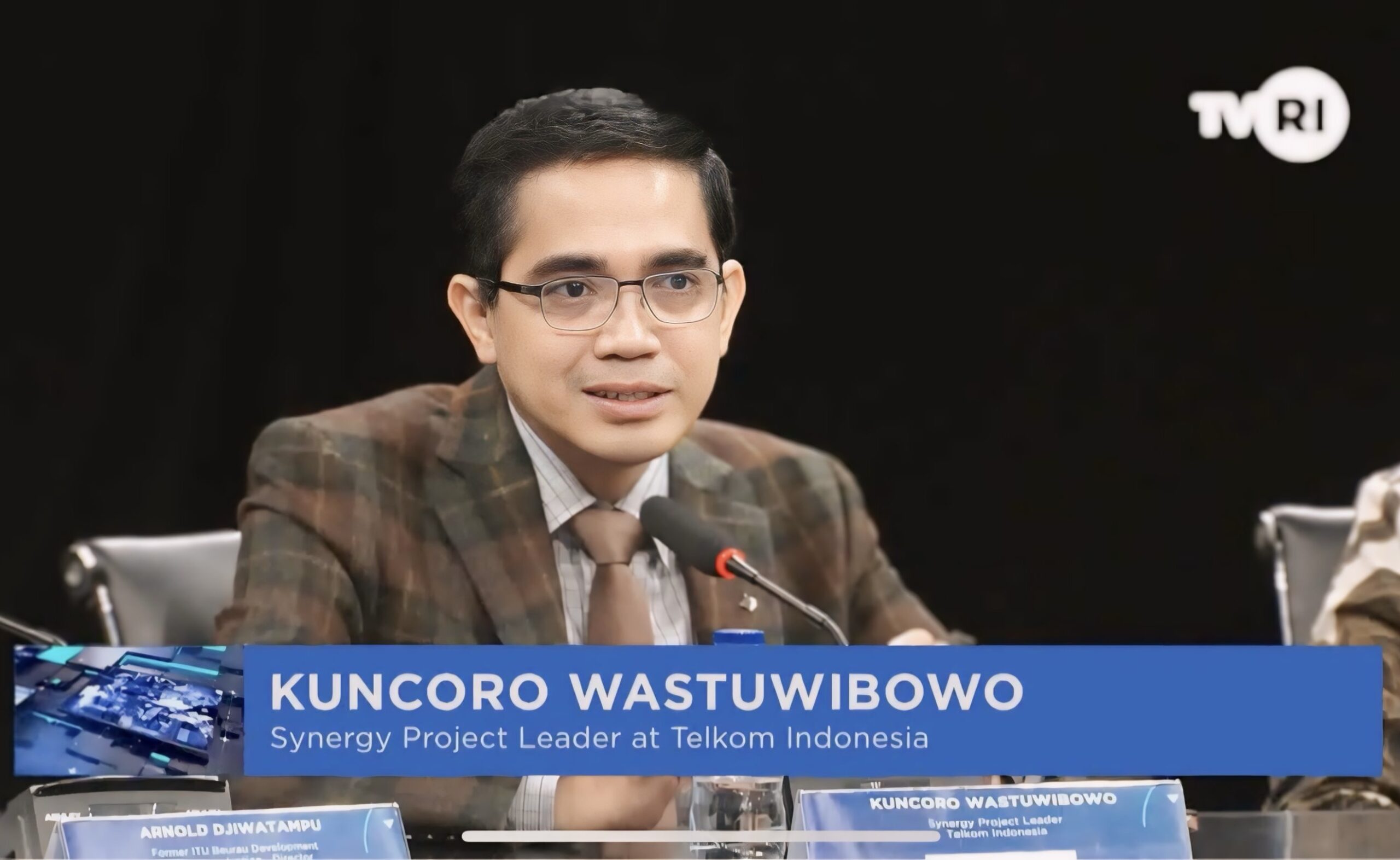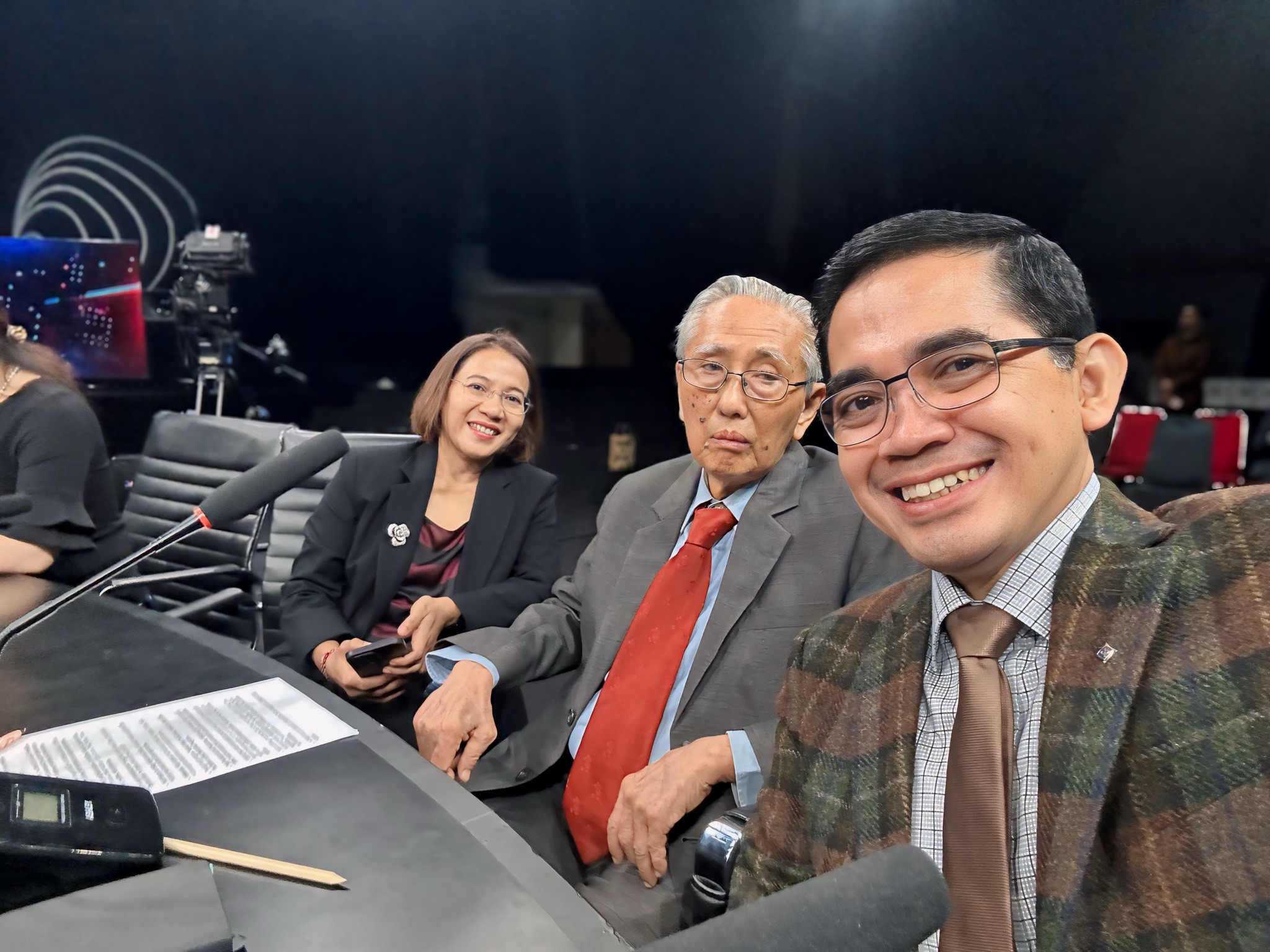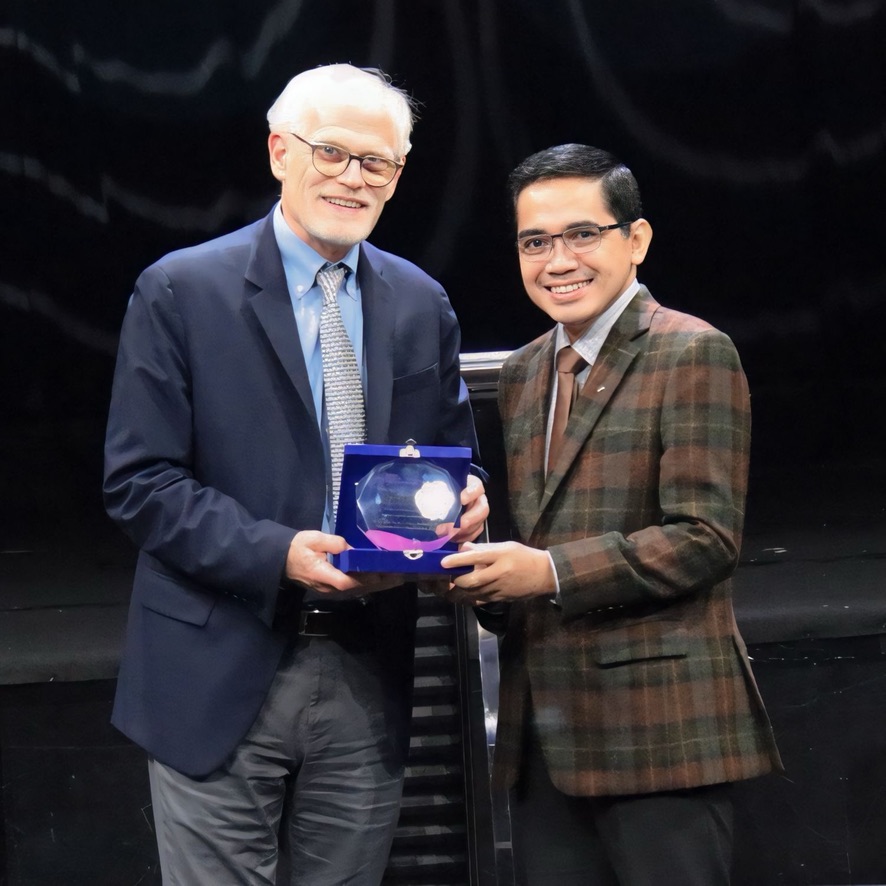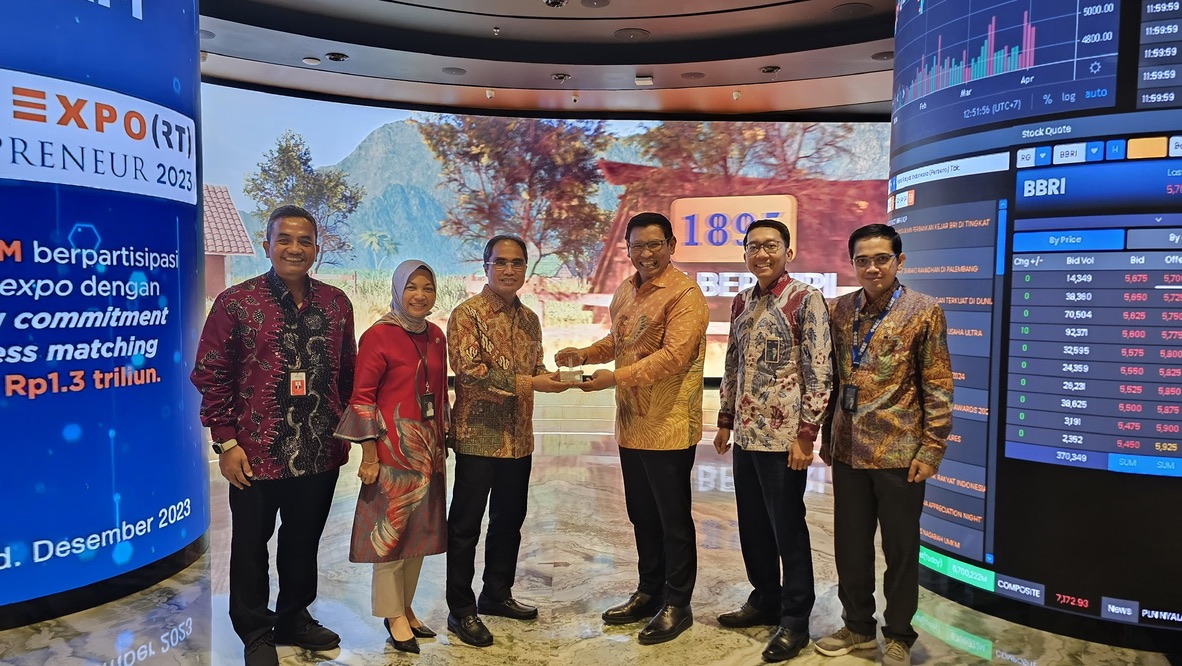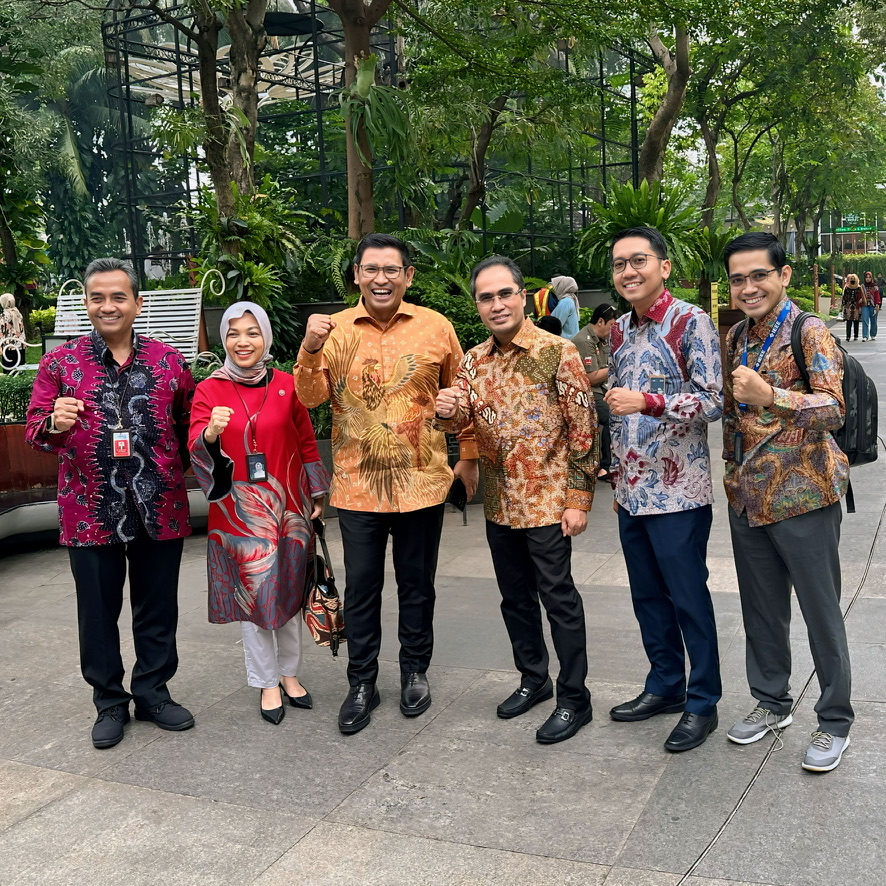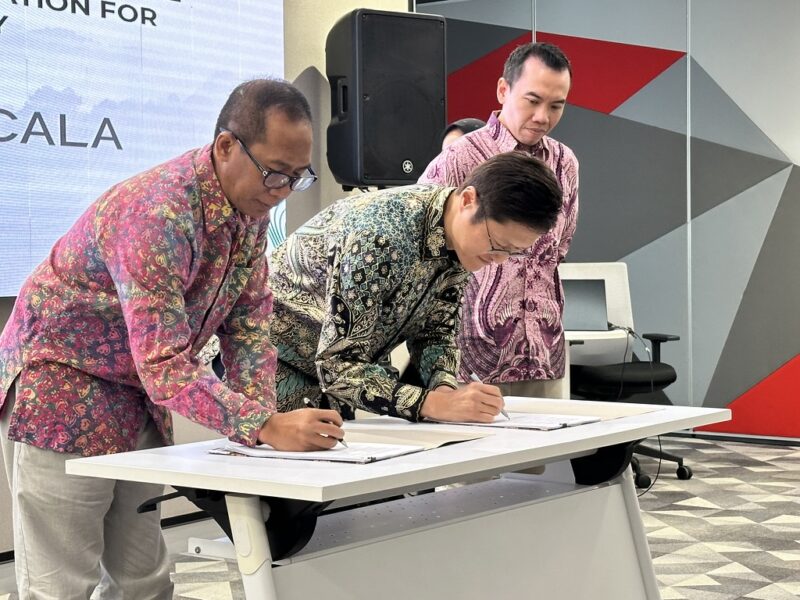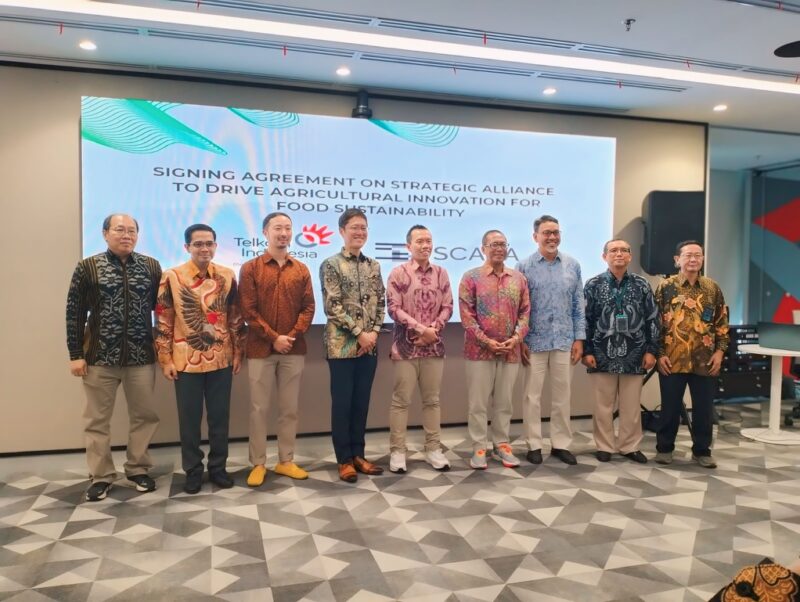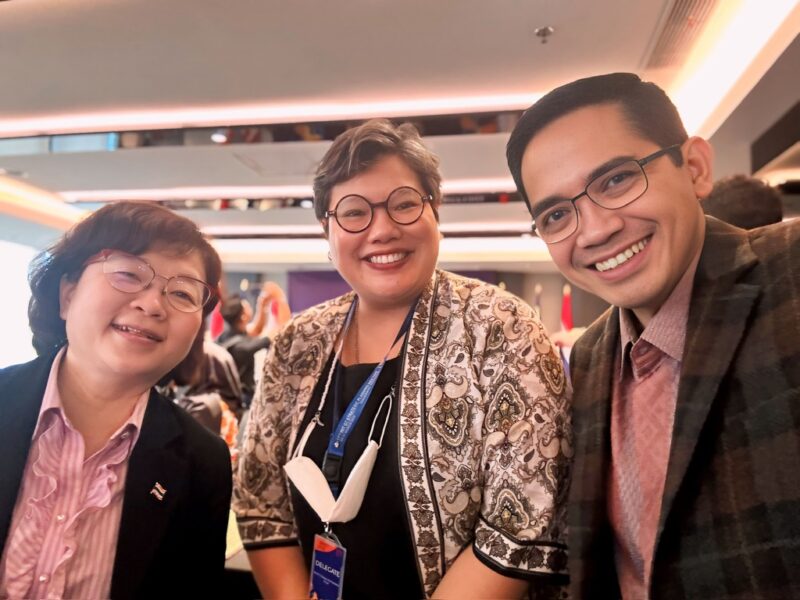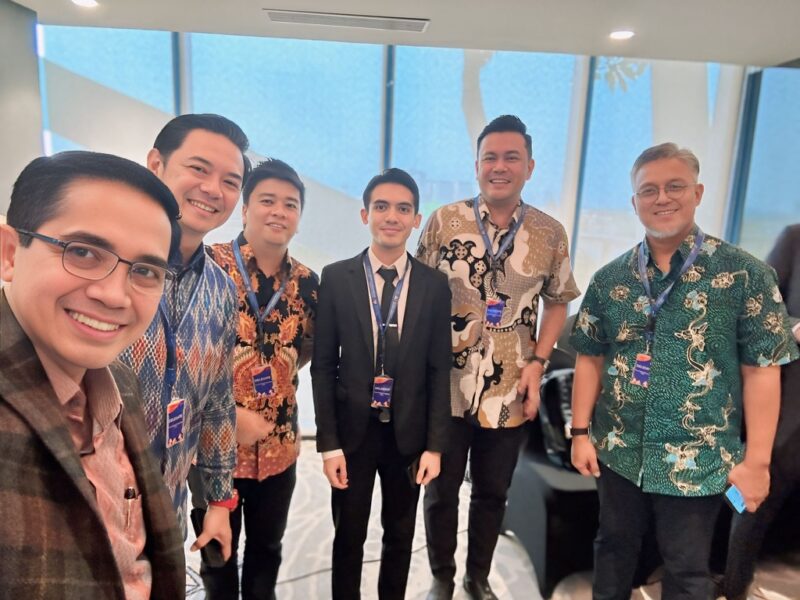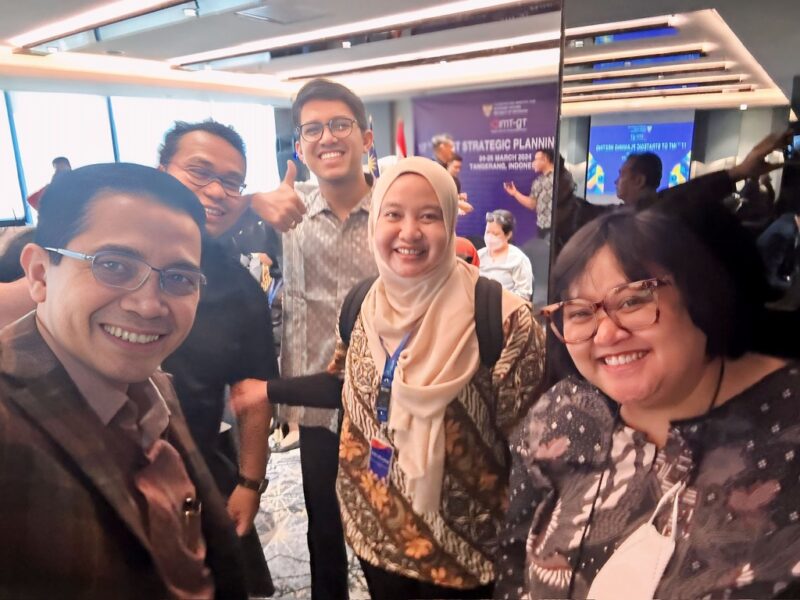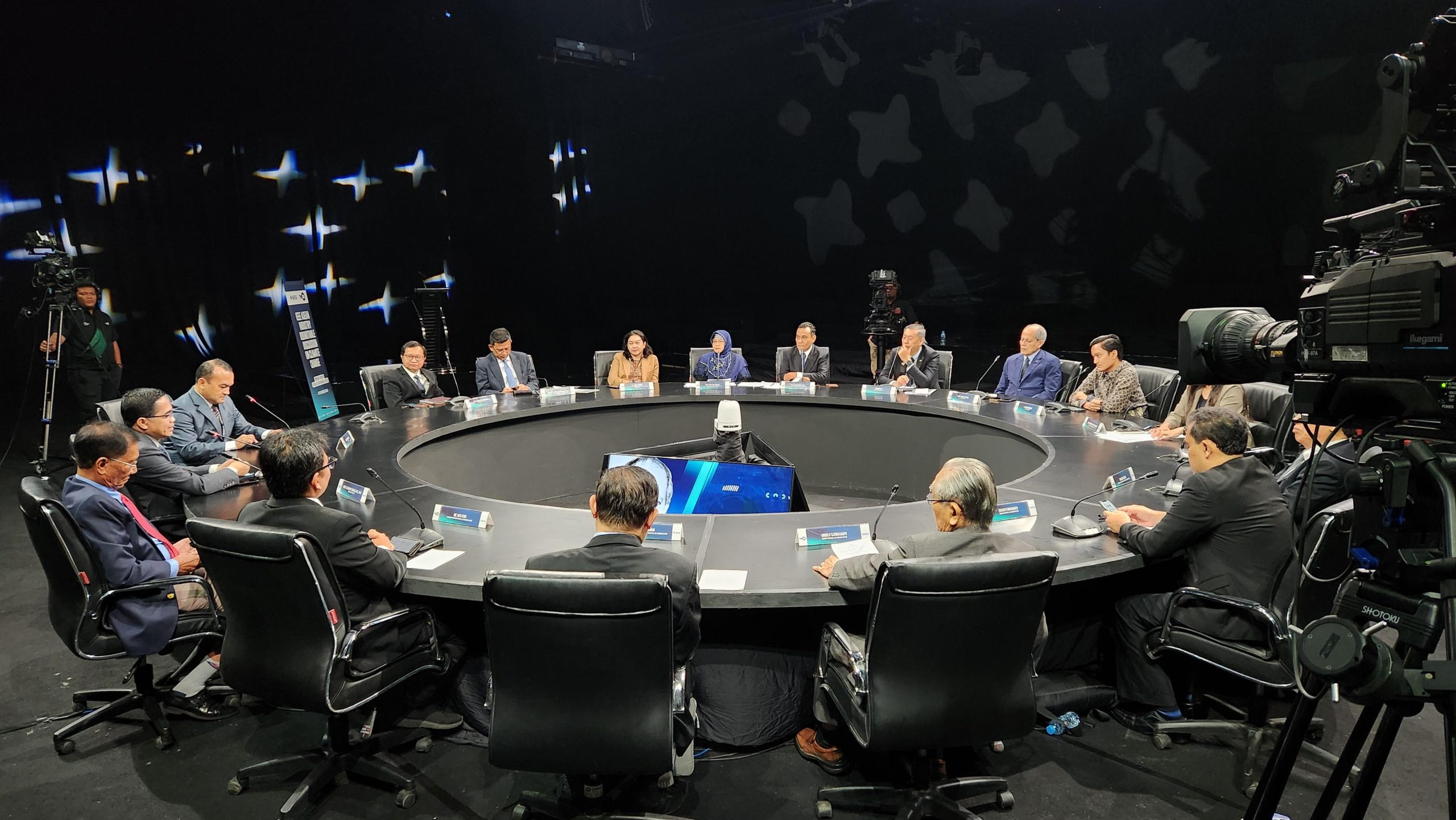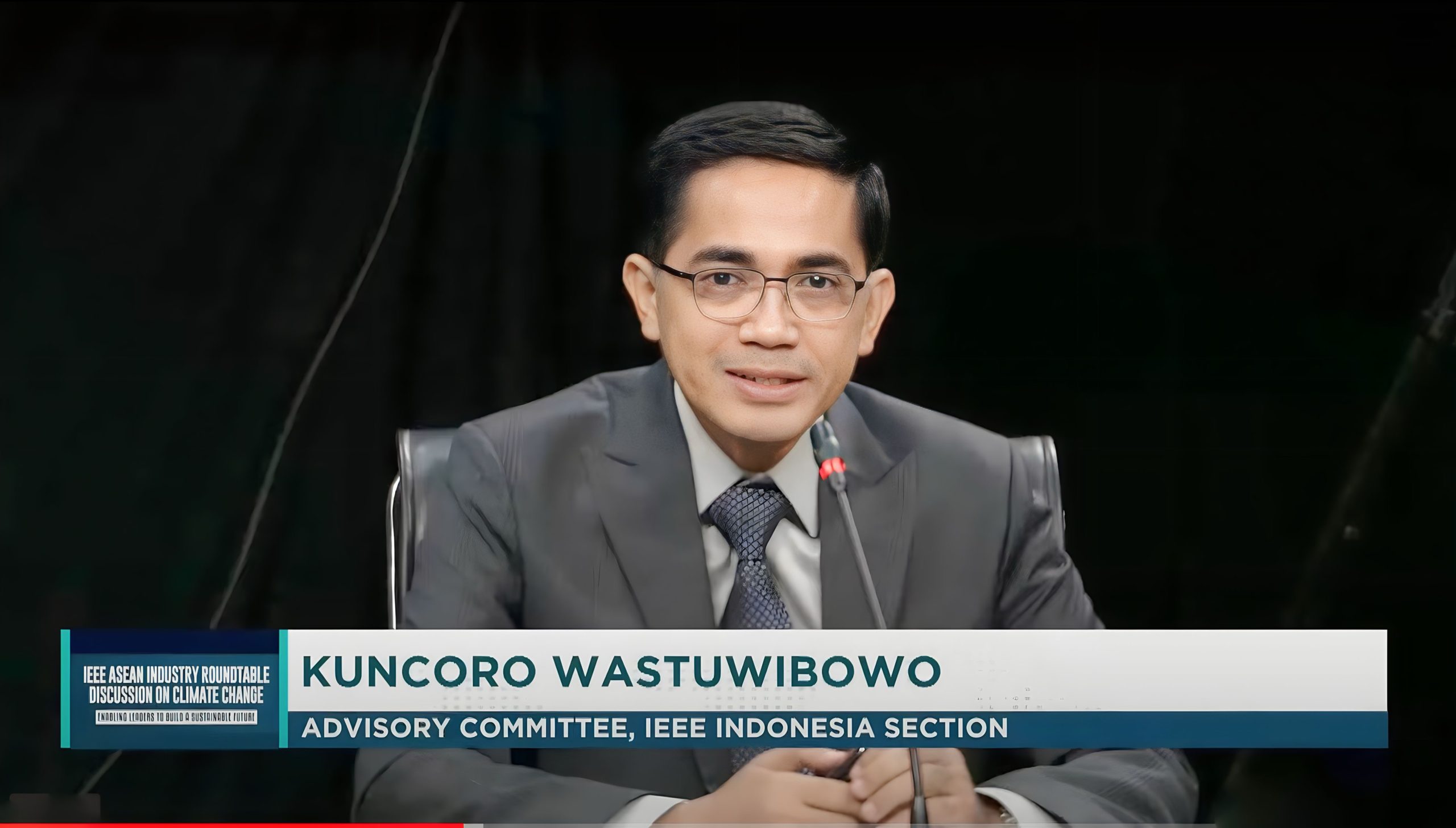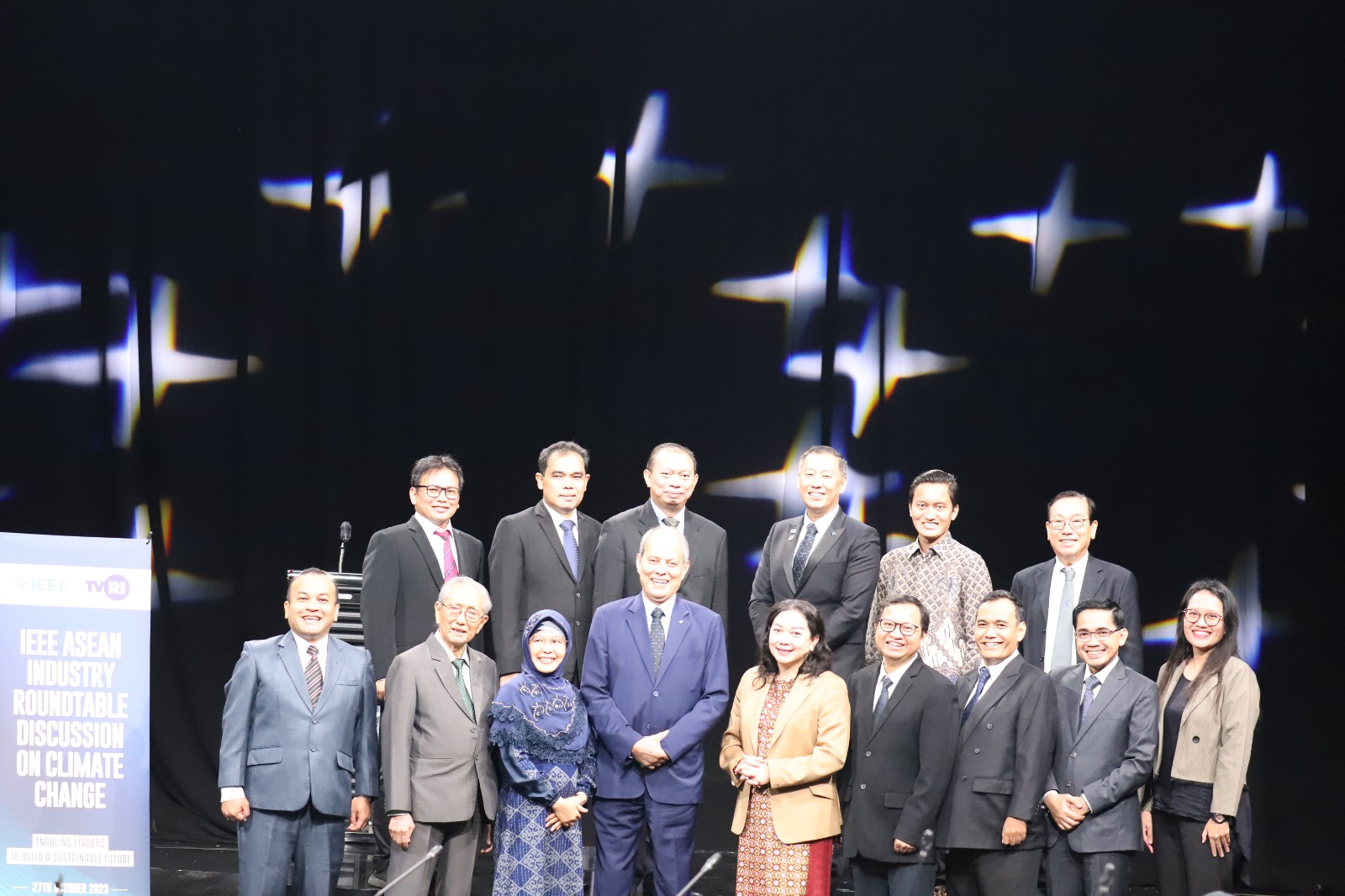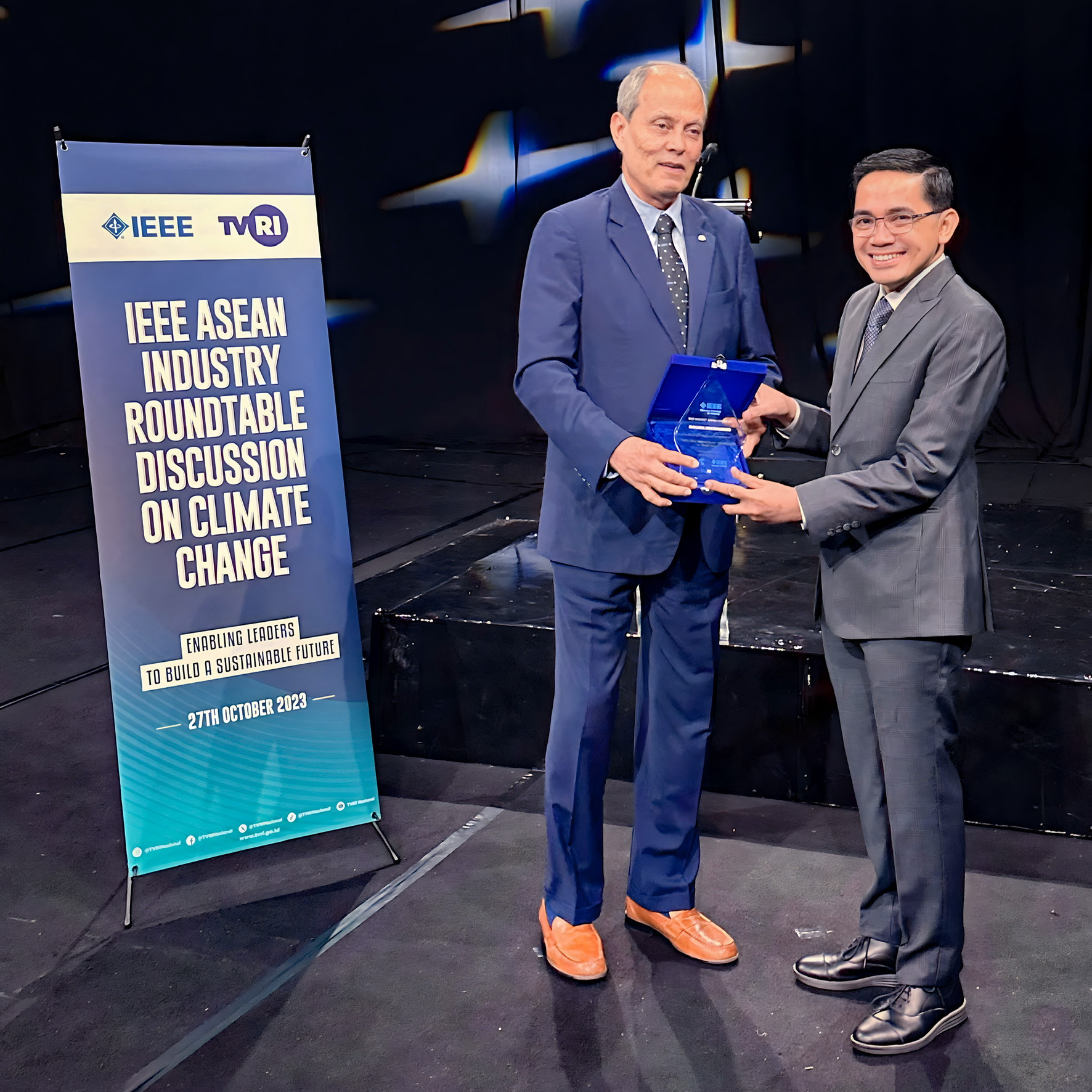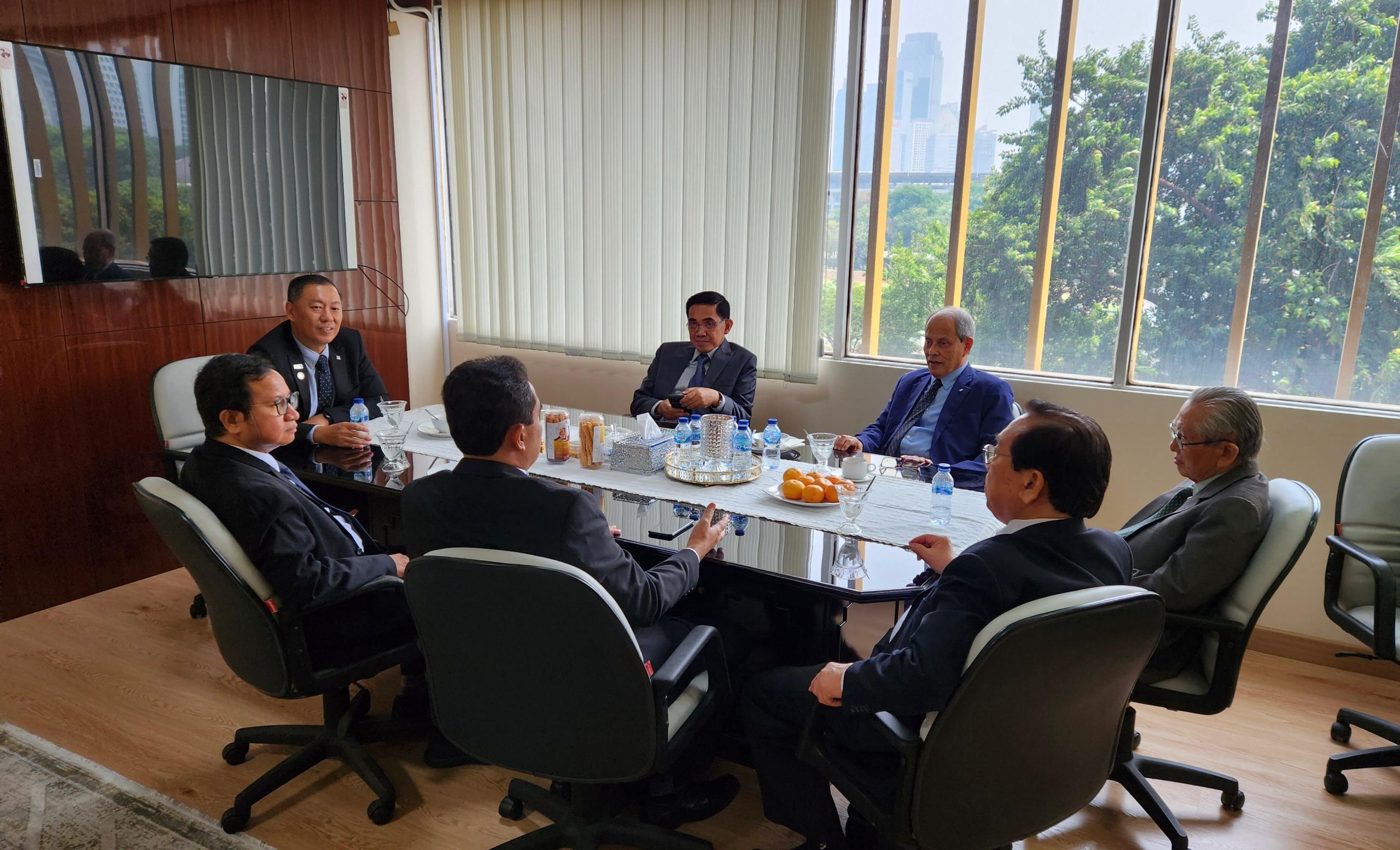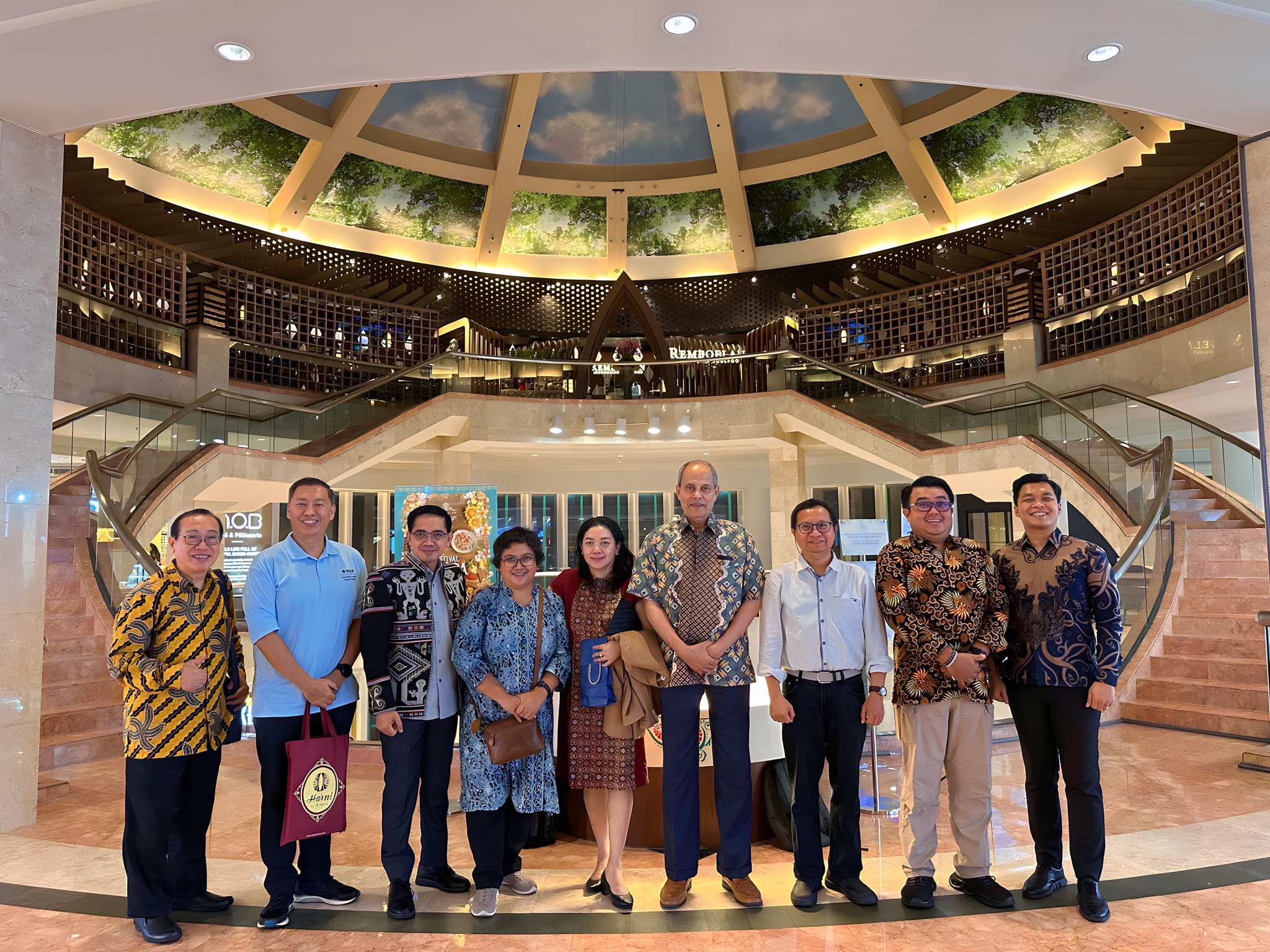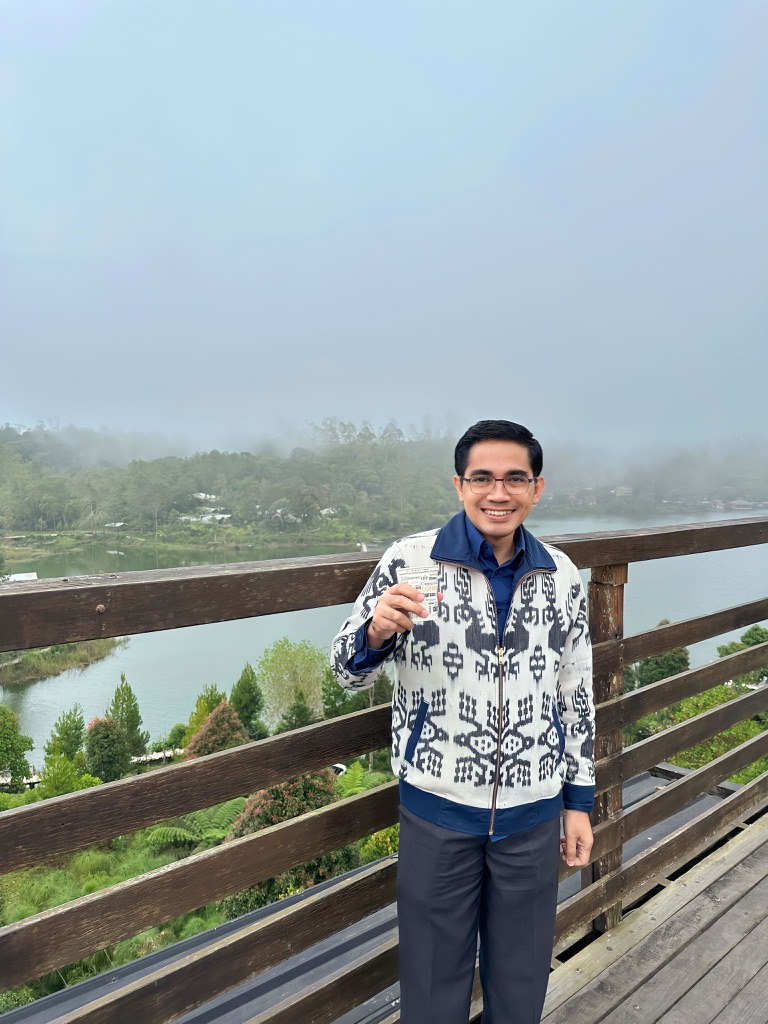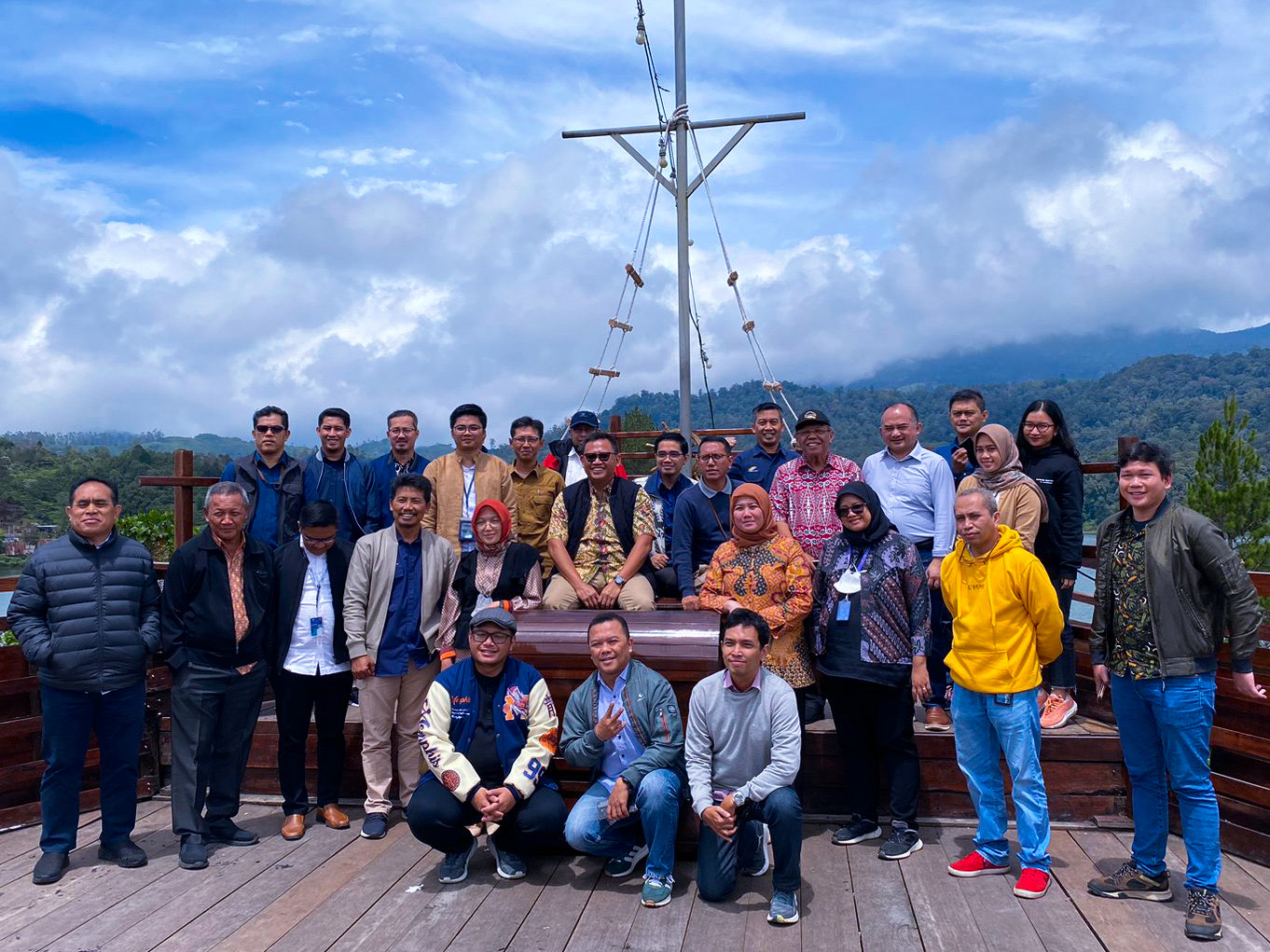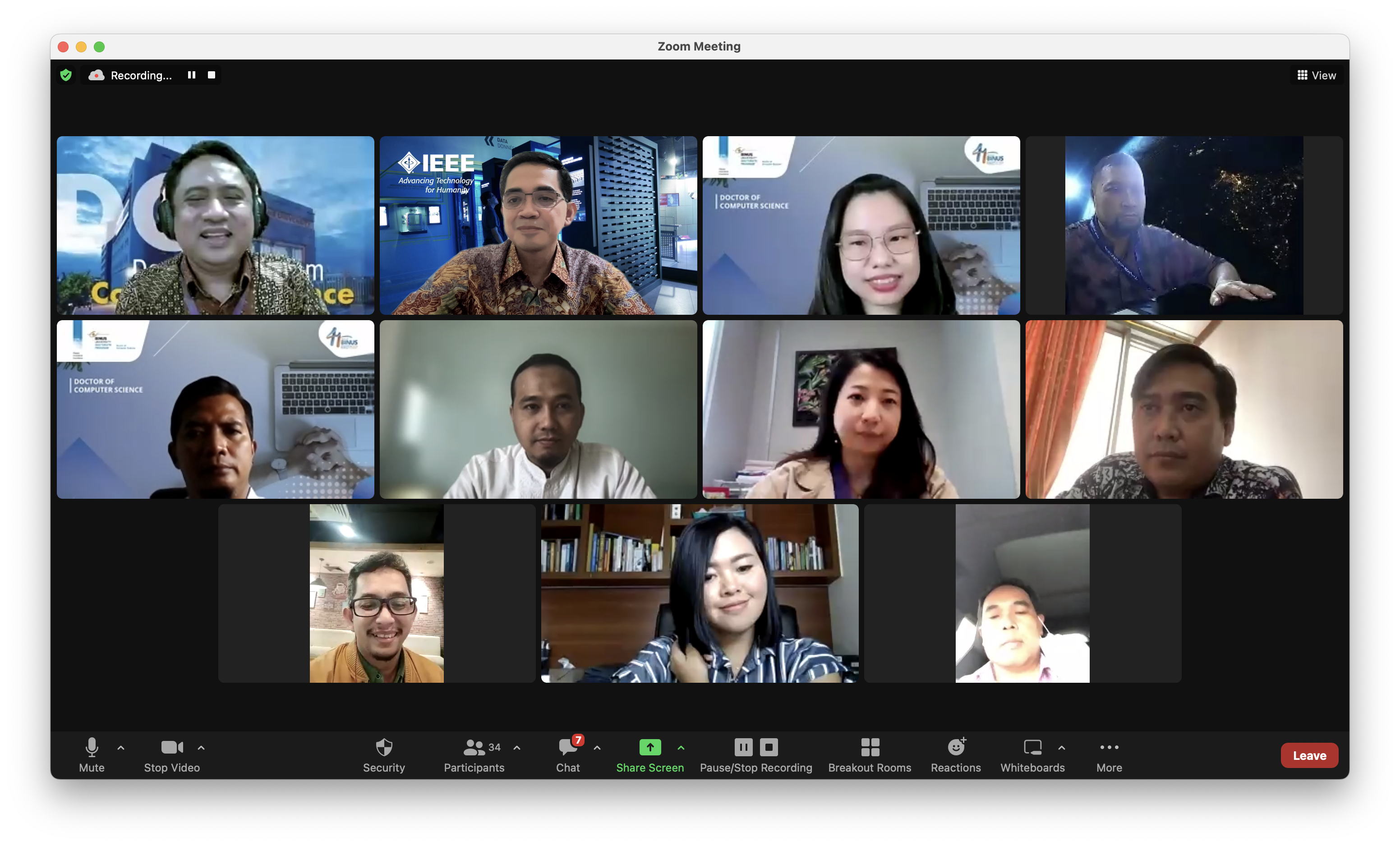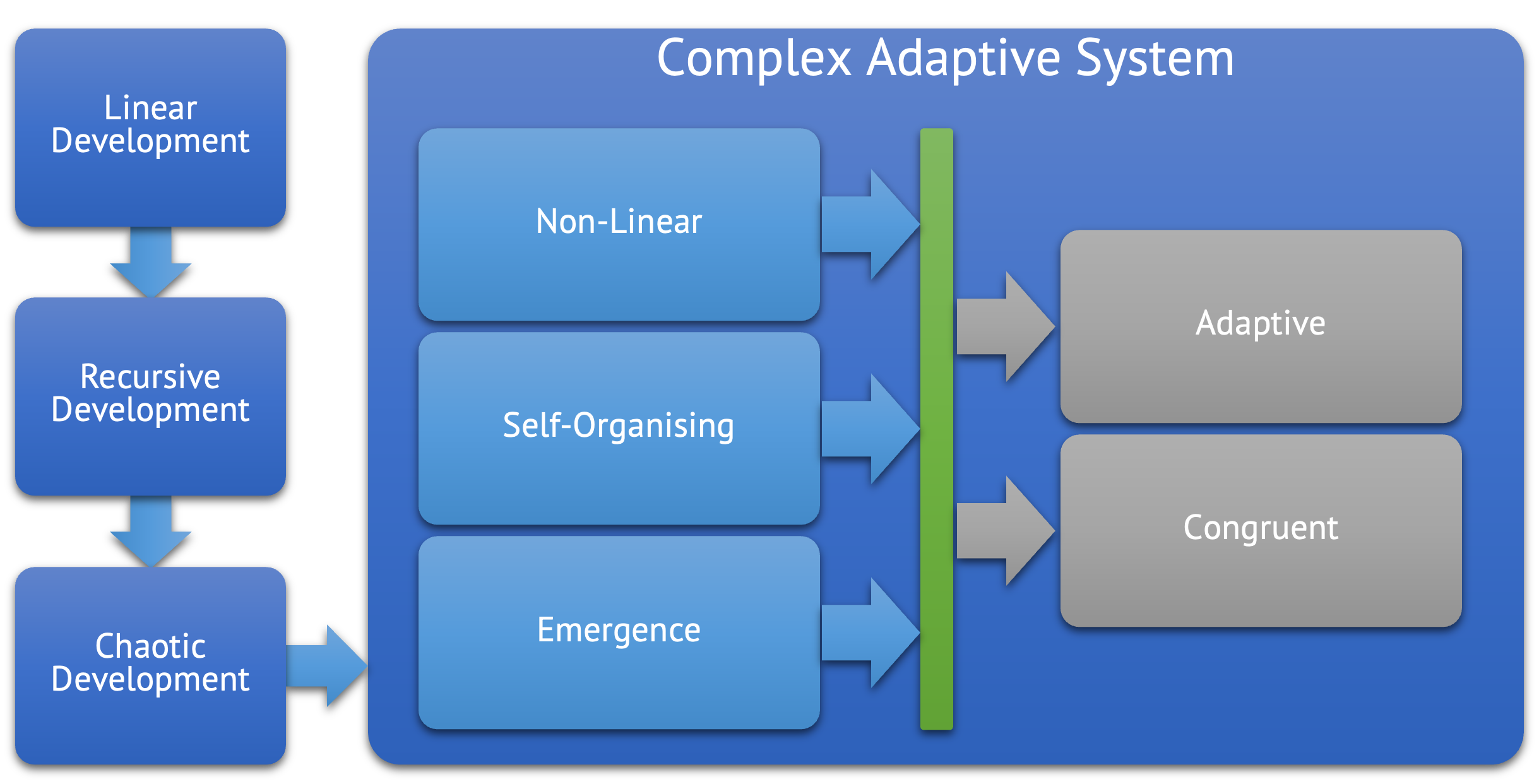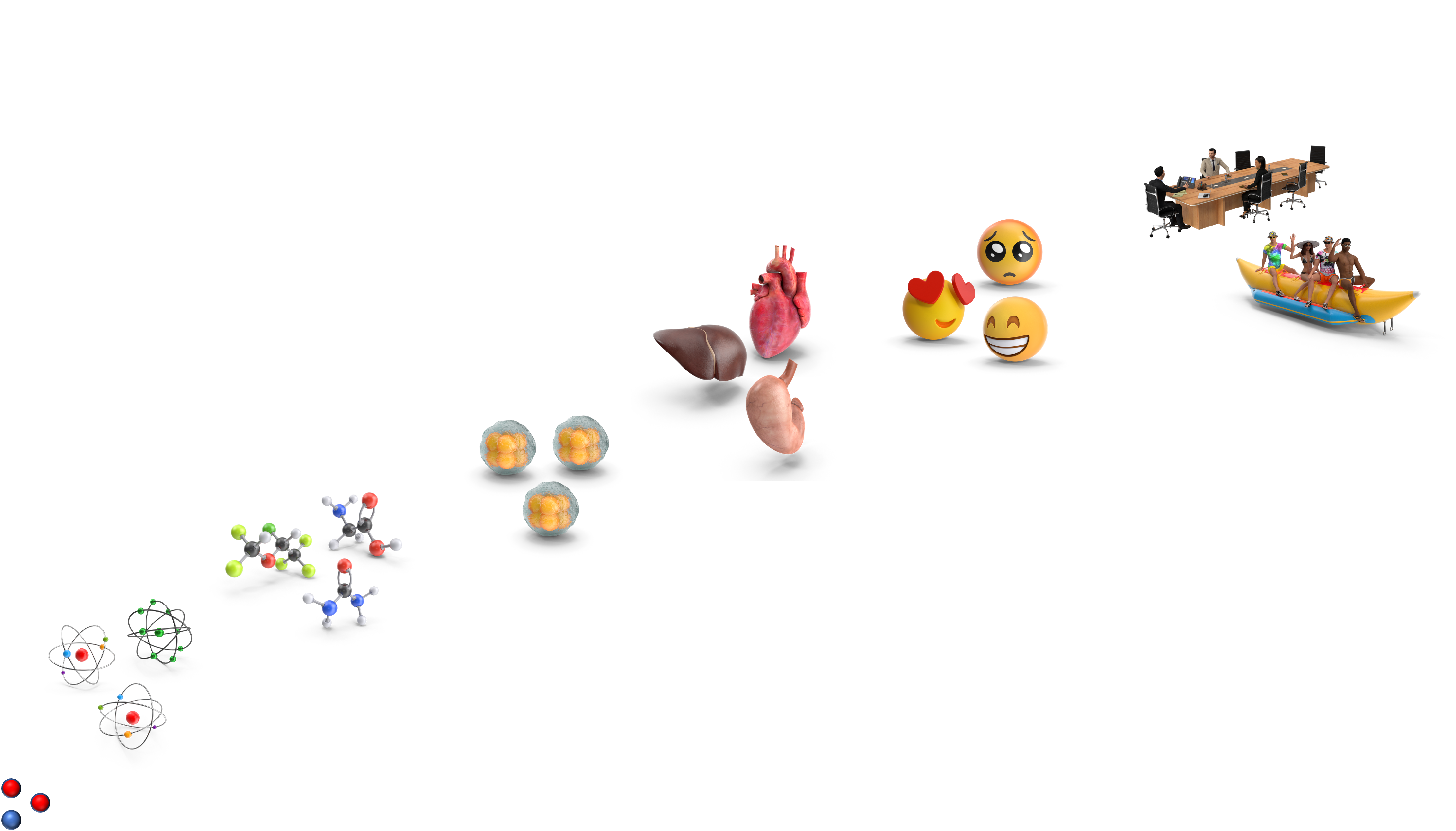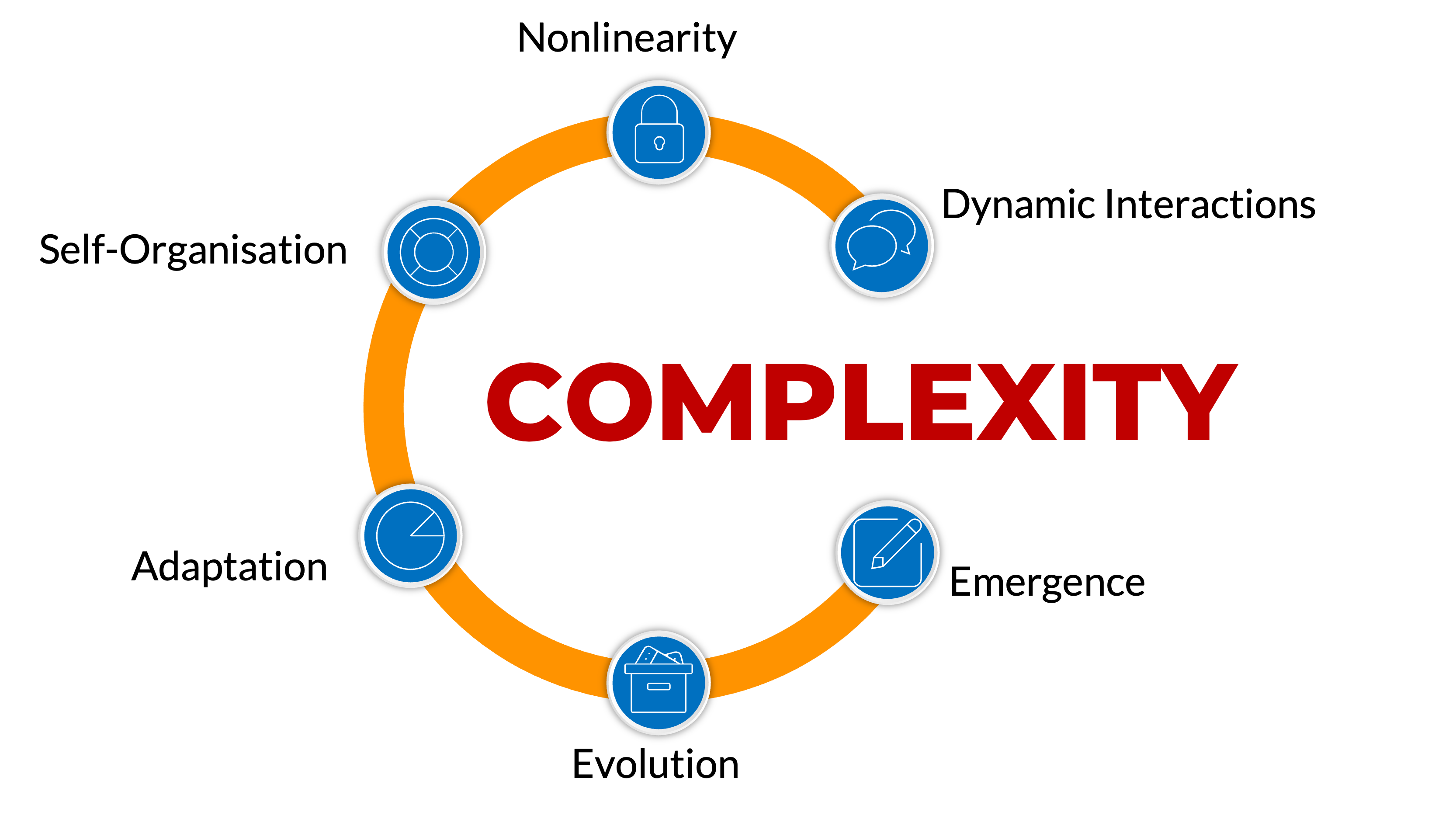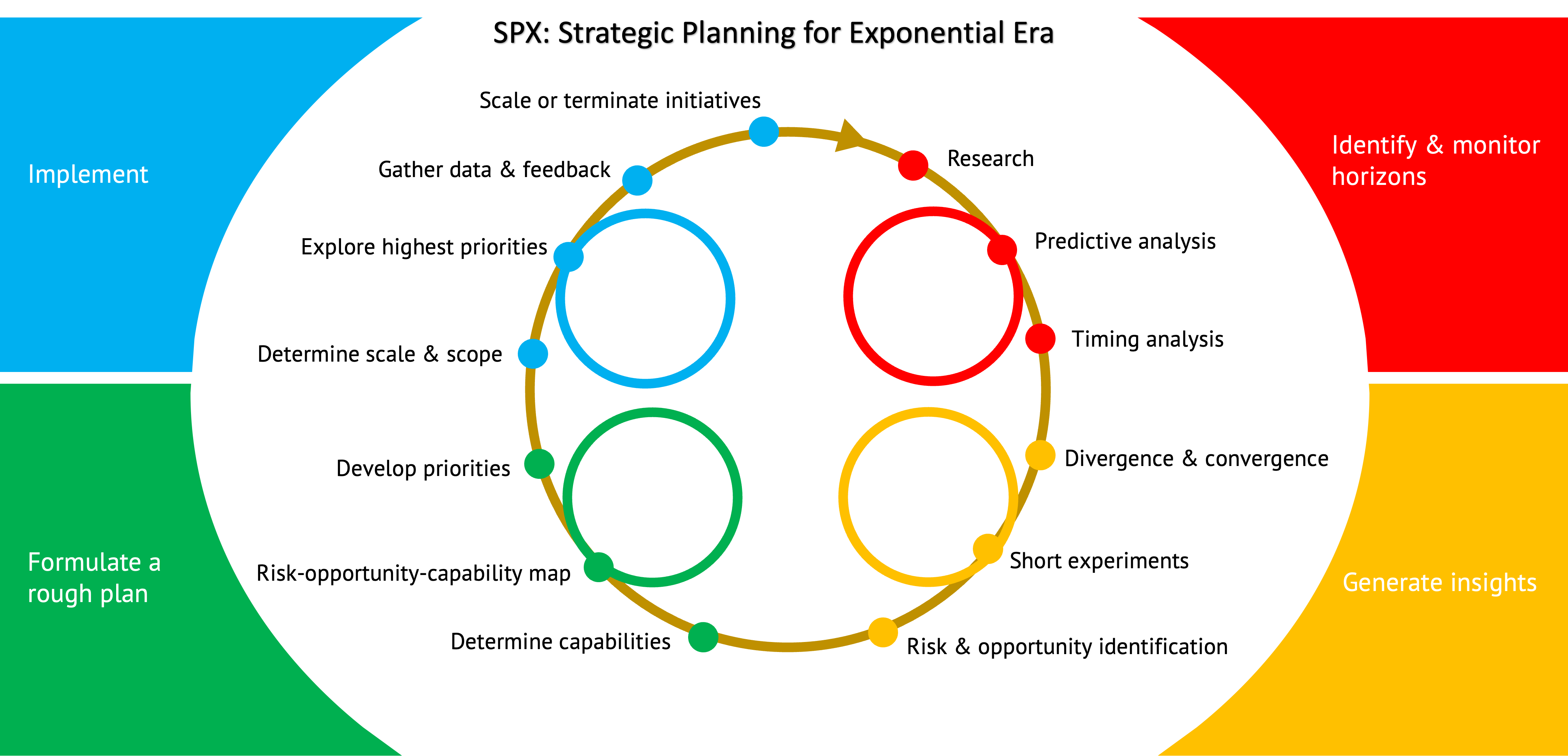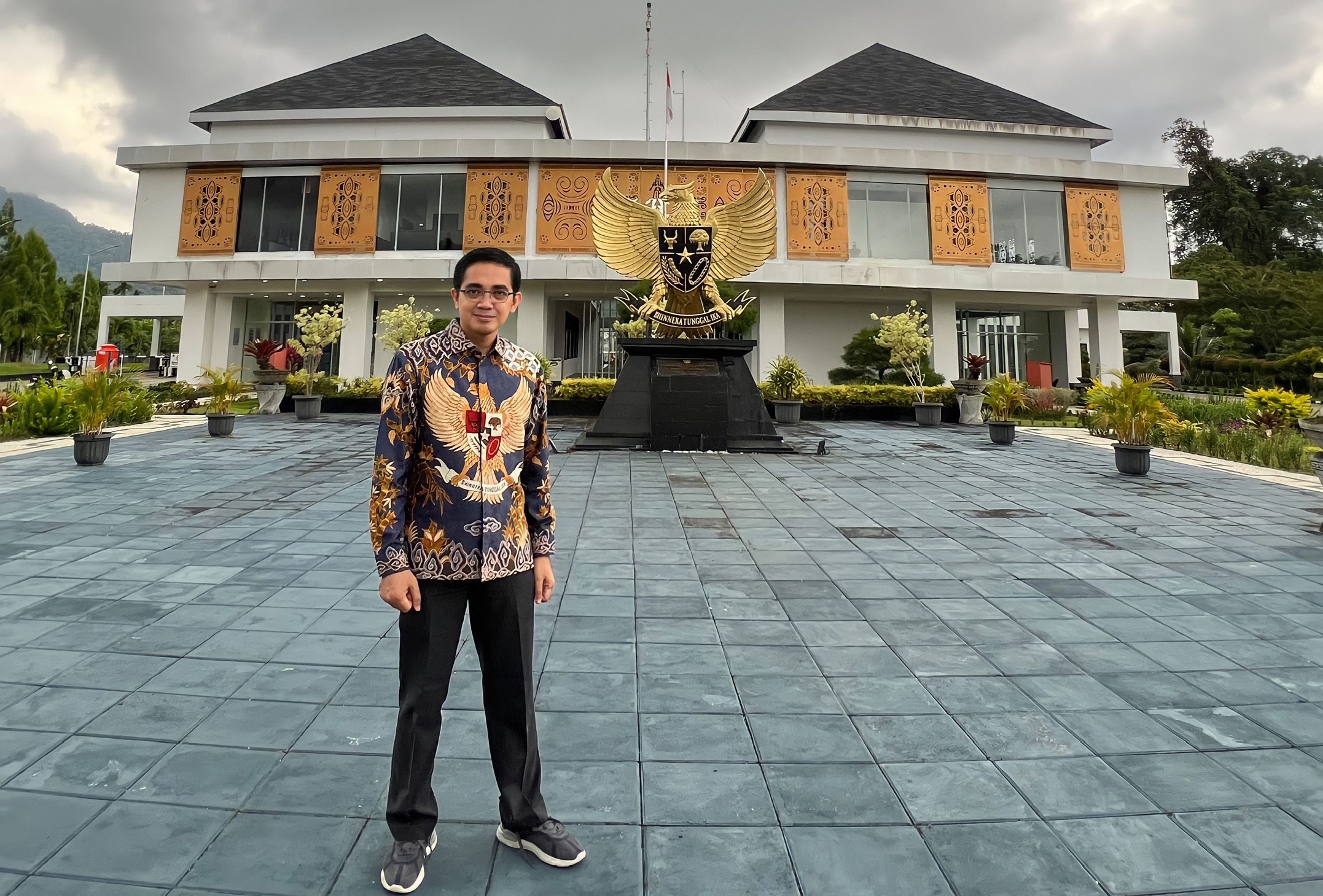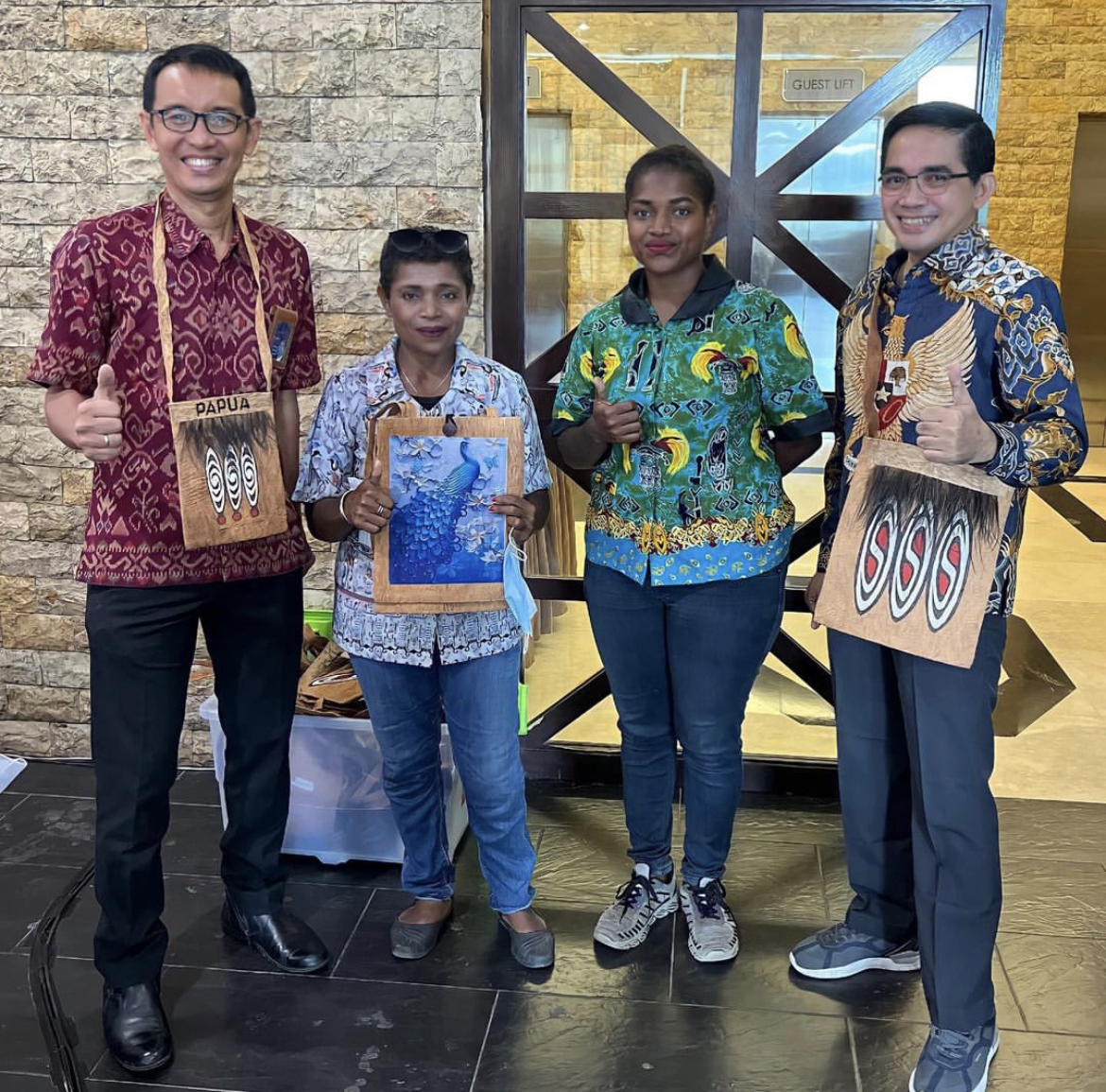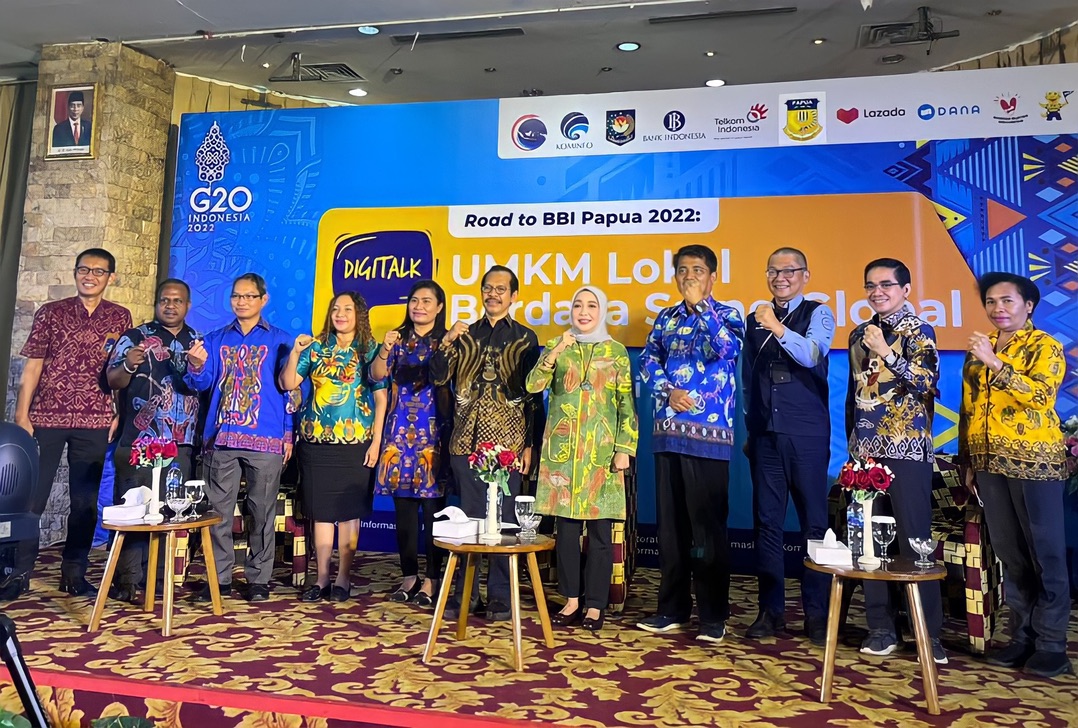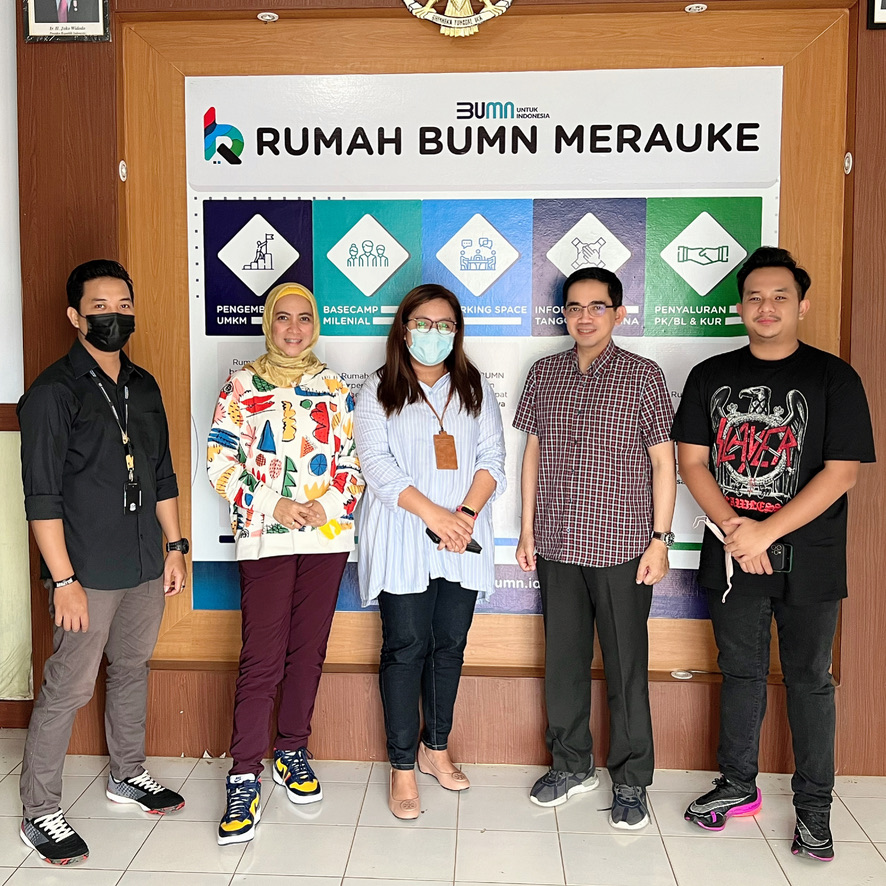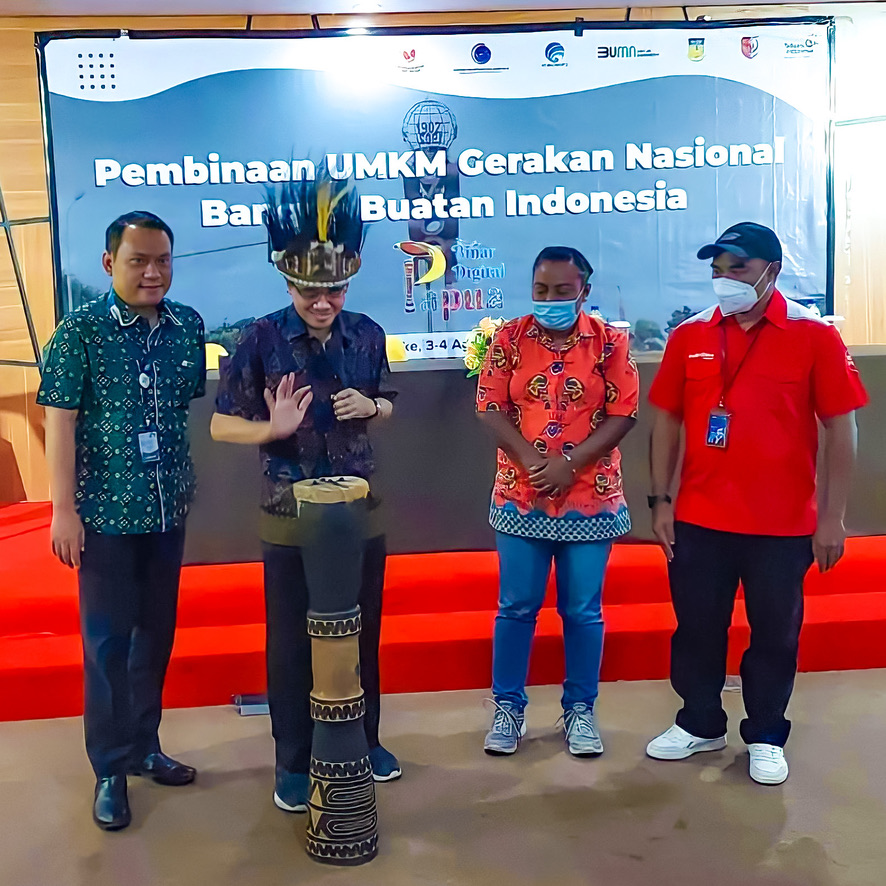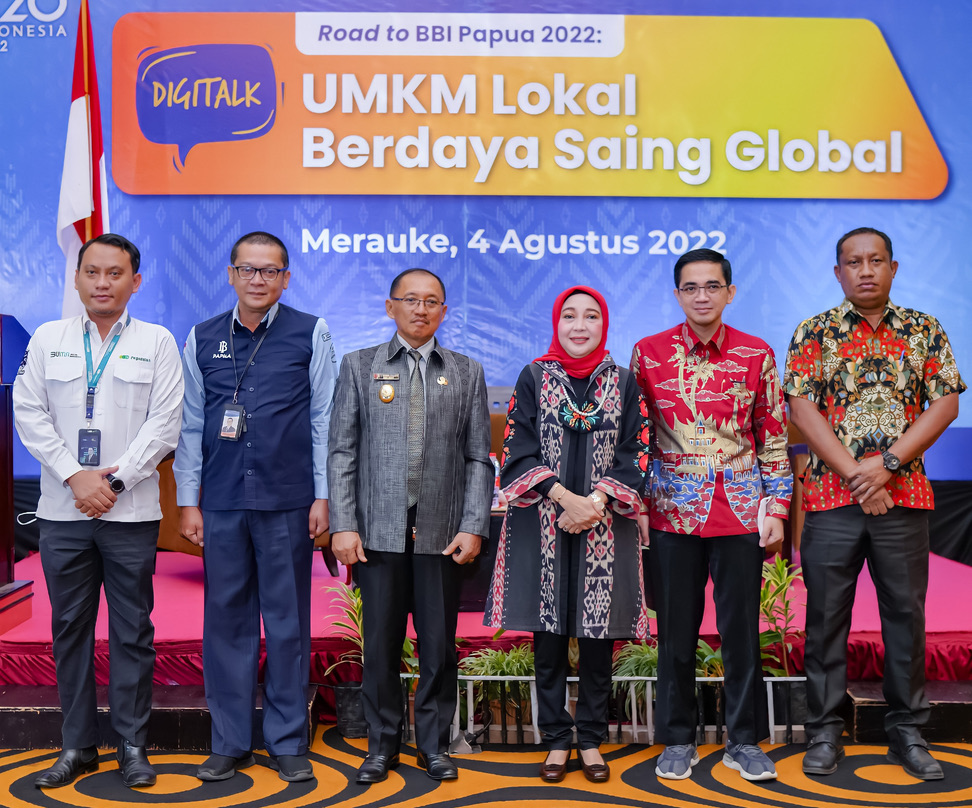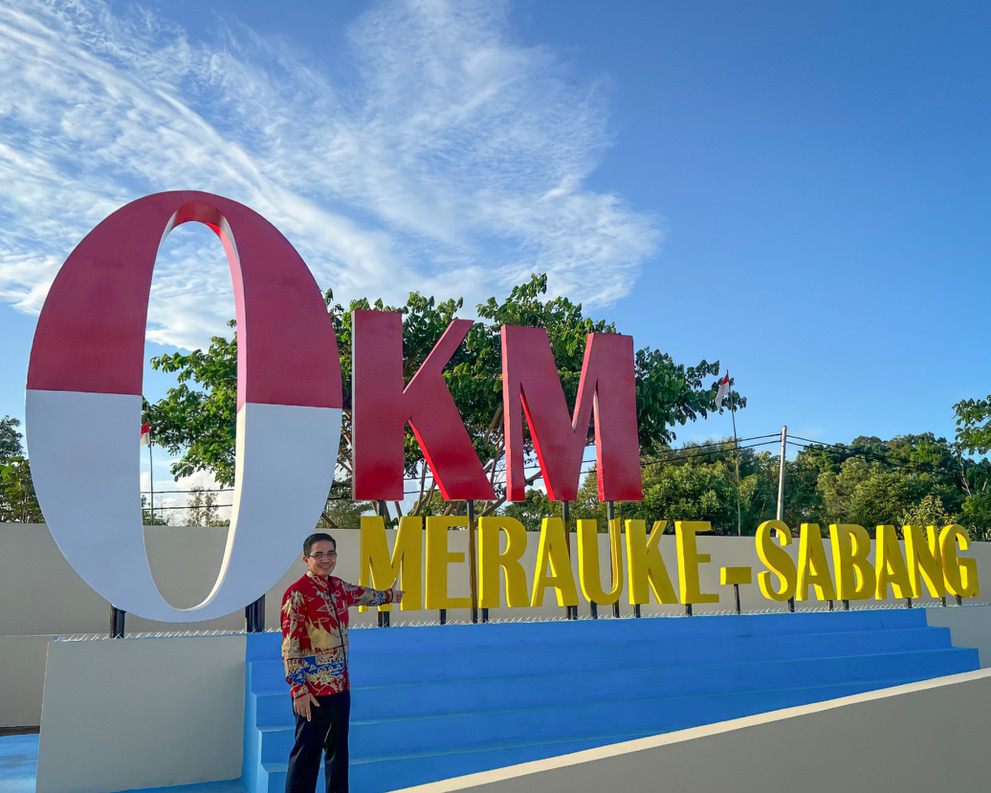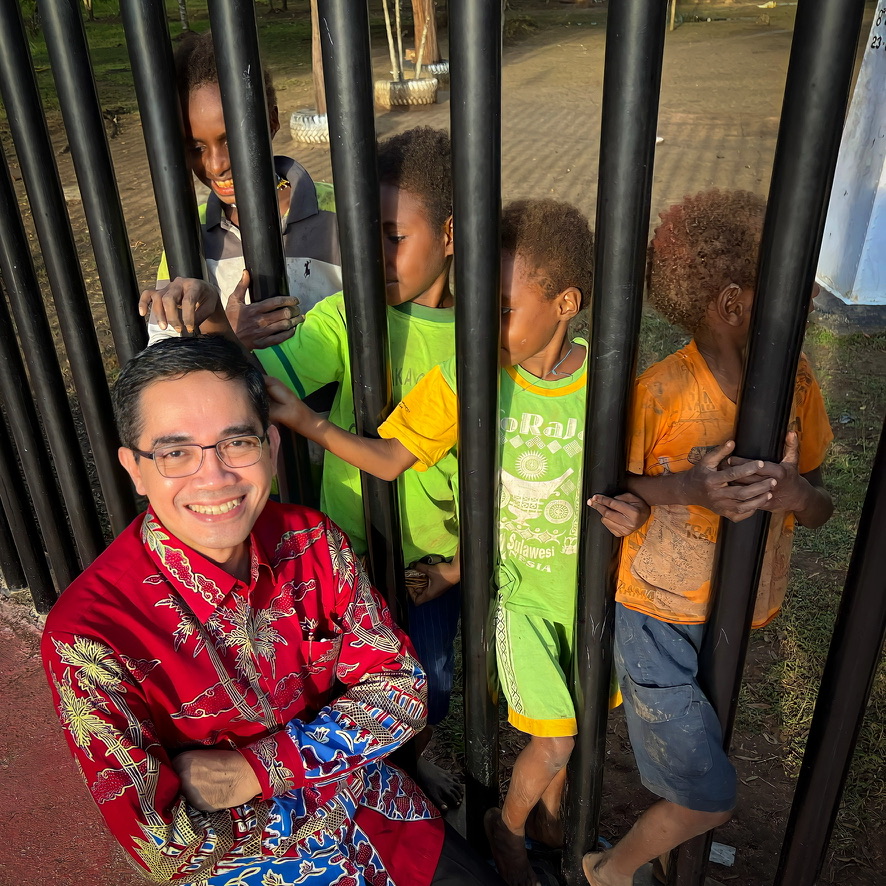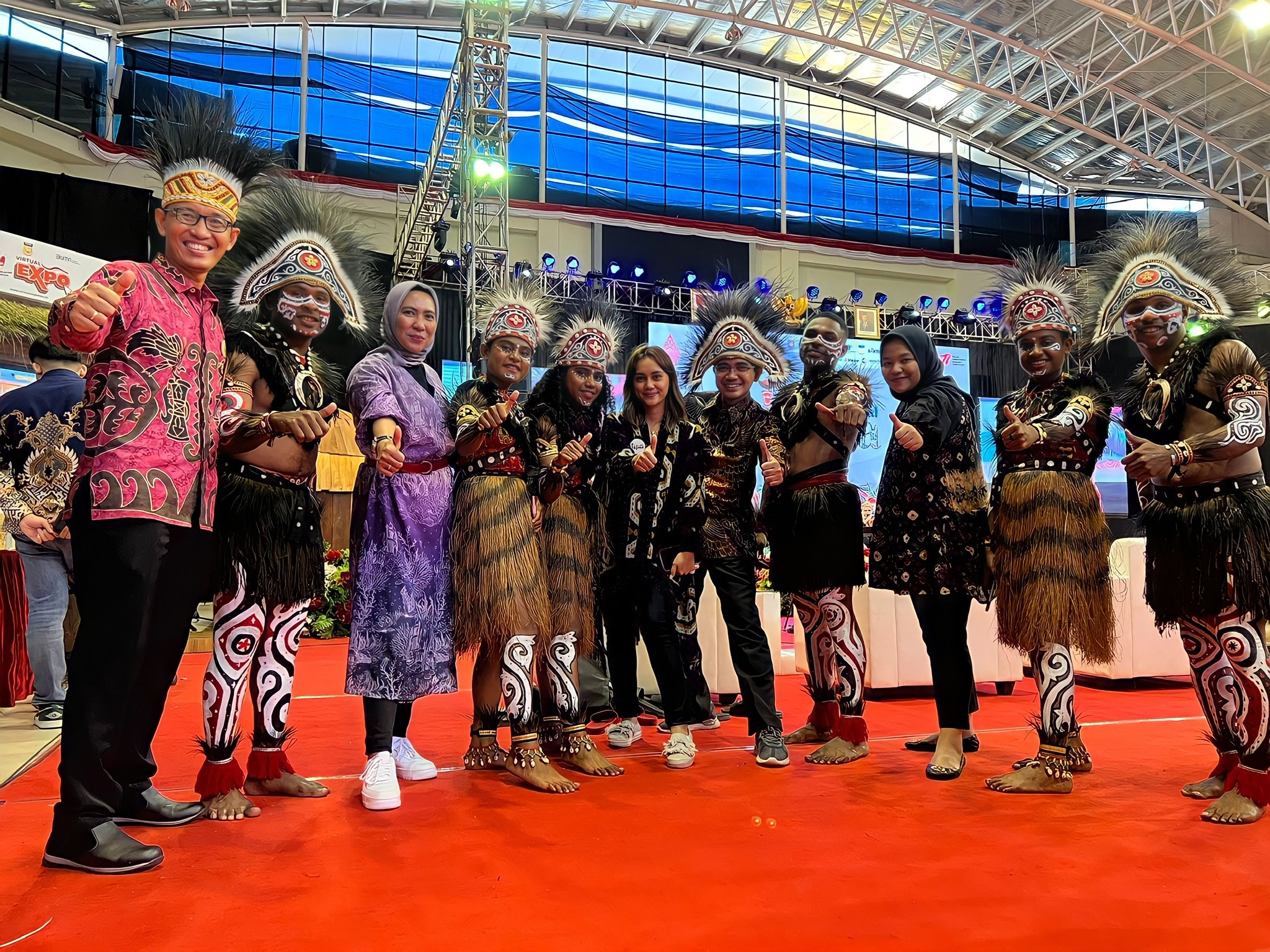Ternyata aku pernah mèjèng di Instagram @TelkomIndonesia yang terkenal itu. Bagian kecil dari banyak kisah keberhasilan Padi UMKM di diprakarsai Telkom Indonesia dan ditumbuhkan para BUMN di bawah kepemimpinan Kementerian BUMN.
Cuplikan pada gambar di IG itu diambil dari sambutanku pada Padi Business Matching beberapa waktu lalu, yang juga sekaligus melaporkan interim report dari pencapaian total peran Padi UMKM memberikan transaksi sebesar 6 triliun rupiah selama 2024. Kutipan lengkapnya lebih jail dari yang tertulis: “Inovasi penciptaan platform itu soal kecil. Serahkan saja pada Telkom, pasti beres. Inovasi yang betul-betul hebat adalah inovasi penciptaan market, yang sudah dilaksanakan para BUMN dengan mengubah operasi procurement jadi kapabilitas penciptaan market, dan diakui sebagai inovasi yang berhasil.”
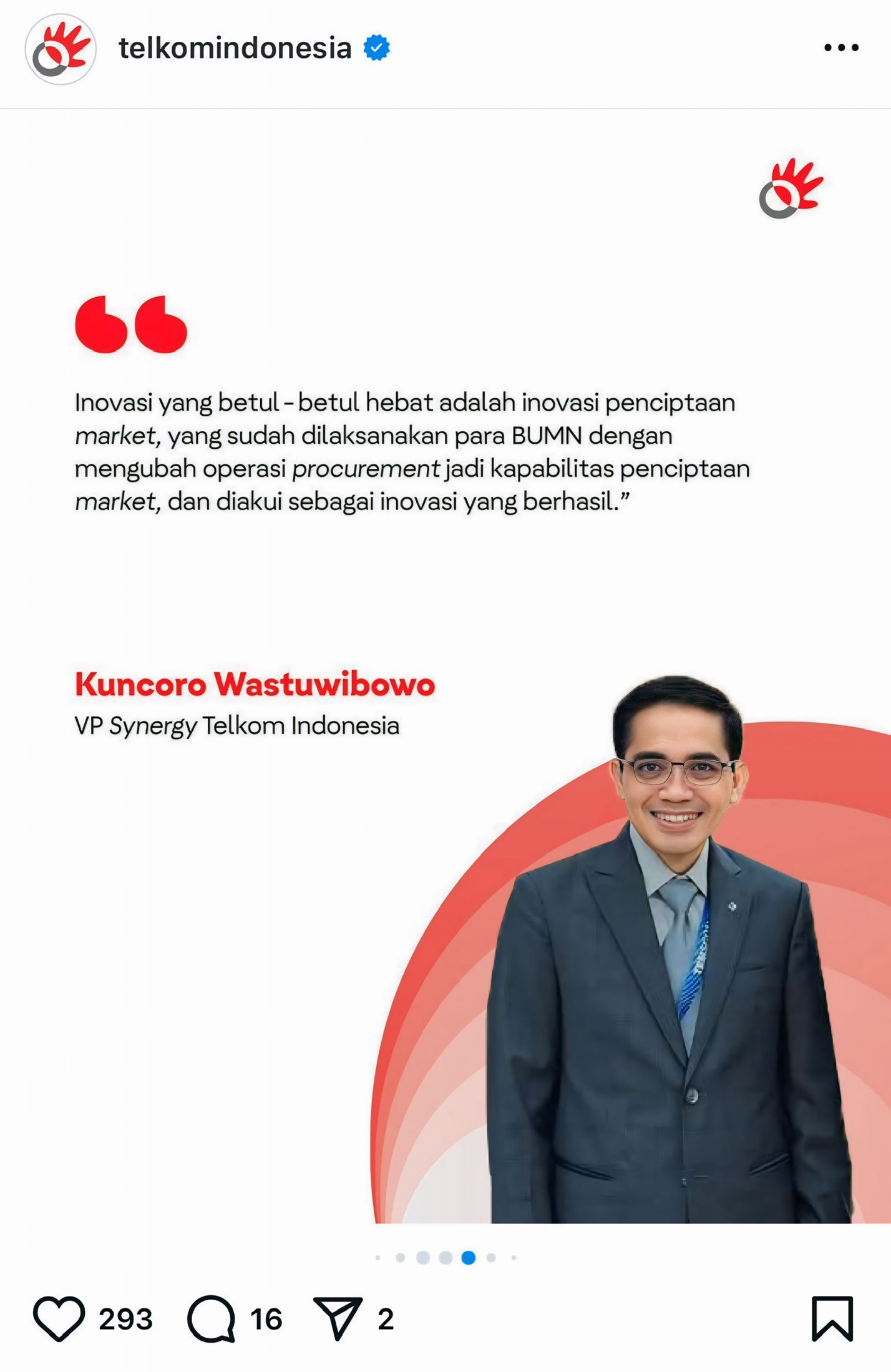
Fotonya sendiri diculik team Corcom (tanpa pemberitahuan sebelumnya, wkwk) dari foto bersama the Coventry Gang di TEMSCON ASPAC 2024 di Sanur.
Sambutan dalam kegiatan itu agak impromptu, disiapkan hanya beberapa menit sebelum naik, karena ternyata opening speech kegiatan ini dilakukan Telkom, bukan dari Kementerian BUMN. Jadi di dalamnya malah masuk teori kompleksitas, teori ekosistem, dan tentu inspirasi Clayton Christensen tentang inovasi.
Dalam bukunya yang terakhir sebelum beliau wafat, yaitu The Prosperity Paradox, Clayton Christensen menjelaskan bahwa inovasi penciptaan pasar (market-creating innovation) adalah jenis inovasi yang tidak hanya meningkatkan efisiensi atau mengoptimalkan pasar yang sudah ada, tetapi menciptakan pasar baru yang sebelumnya tidak ada. Inovasi ini berfokus pada penciptaan bisnis yang mengubah non-konsumen menjadi konsumen dengan membuka akses baru dan memberikan nilai bagi masyarakat. Konsep ini berbeda dengan inovasi efisiensi atau inovasi yang berorientasi pada pertumbuhan jangka pendek. Dalam konteks BUMN seperti di atas, mengubah operasi procurement menjadi kapabilitas penciptaan market sejalan dengan bagaimana perusahaan dapat menyusun inovasi lebih dari strategi pertumbuhan yang dangkal seperti follow the money dan low hanging fruit, atau hanya pada efisiensi biaya; tetapi justru dengan menggiring atau bahkan menciptakan pasar baru yang mendorong pertumbuhan ekonomi dan inklusi.

Padi UMKM diluncurkan sebagai bagian dari Gernas BBI di tahun 2020, pada saat negara sedang mendorong berbagai pihak menciptakan program untuk menghidupkan kembali ekonomi rakyat yang tenggelam akibat krisis Covid. Tahun itu, kami sempat dipanggil KSP. Di sana, disampaikan bahwa dari sekian proposal program pengembangan ekonomi berbagai K/L pada tahun krisis 2020 itu, hanya Padi UMKM (Telkom / Kementerian BUMN) yang betul-betul jalan dan memberikan nilai yang cukup besar. Banyak yang lain masih terhambat berbagai faktor. Program Bela Pengadaan di jalan, tapi valuenya kecil. Sepanjang 2021, kami kampanyekan Padi UMKM dalam arus utama program pemulihan ekonomi nasional melalui Gernas BBI. Dan pada tahun 2022, sebagai ekspansi program ini, negara memberikan kepercayaan kepada Telkom untuk menyiapkan platform pengadaan publik baru yang dikelola LKPP.

